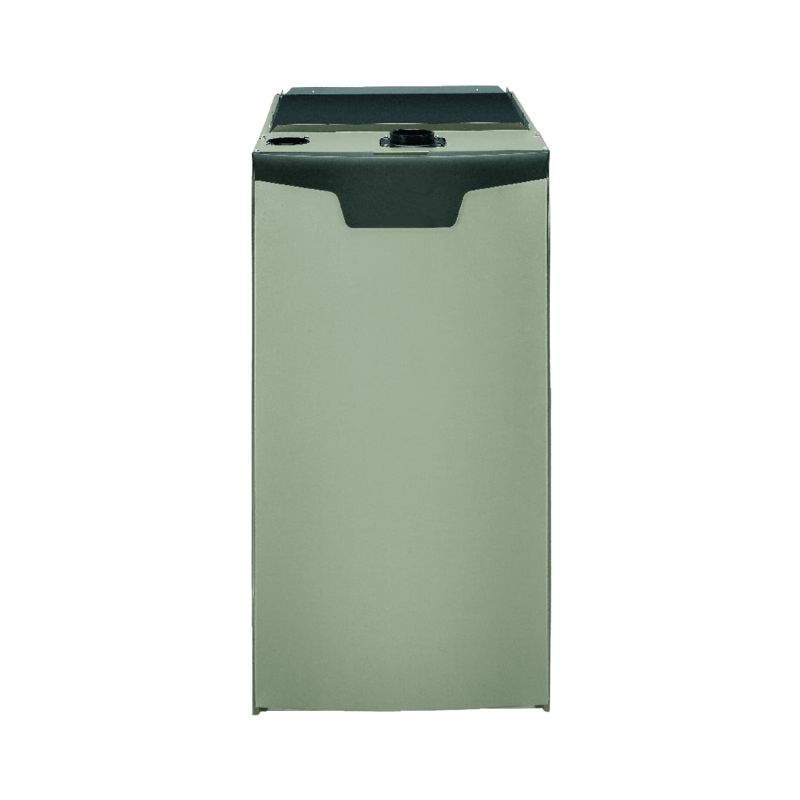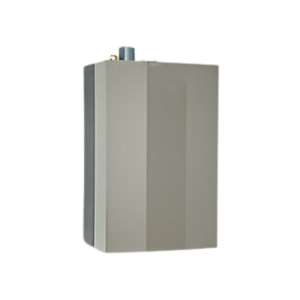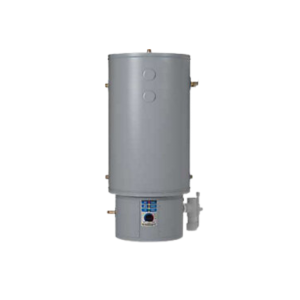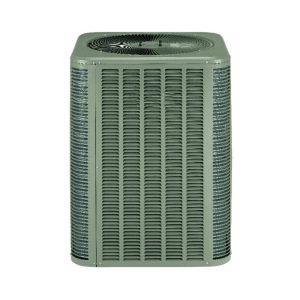Description
Sure! Here’s the high-efficiency furnace maintenance checklist in point form:
High-Efficiency Furnace Maintenance Checklist
Seasonal Maintenance (Before Heating Season)
- Visual Inspection:
- Check for wear or damage on the furnace and surrounding area.
- Clean the Furnace:
- Remove dust and debris from the furnace cabinet.
- Clean the blower assembly.
- Inspect Vents and Ductwork:
- Ensure vents are unobstructed.
- Check ducts for sealing and insulation.
- Flue Pipe Inspection:
- Check flue pipe for blockages or corrosion.
- Check Condensate Drain:
- Inspect and clear condensate drain line.
- Test Thermostat:
- Ensure thermostat is calibrated and functioning.
- Inspect Ignition System:
- Check ignitor and flame sensor operation.
- Evaluate Gas Supply:
- Ensure gas supply line is intact and check for leaks.
- Lubricate Moving Parts:
- Lubricate motors and bearings as needed.
- Safety Controls Testing:
- Test all safety controls for proper function.
- Heat Exchanger Inspection:
- Inspect for cracks or corrosion.
- Check Efficiency Rating:
- Evaluate overall efficiency and recommend improvements.
- Inspect Electrical Connections:
- Examine wiring and connections for wear.





